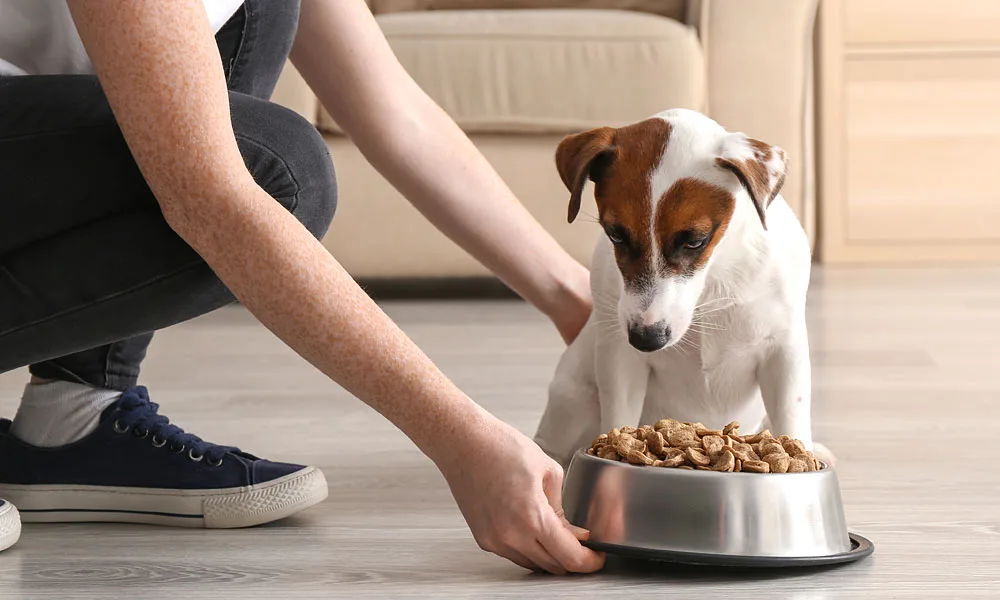East Hill Animal Hospital Explains Why Your Dog Won’t Eat—and What to Do Next
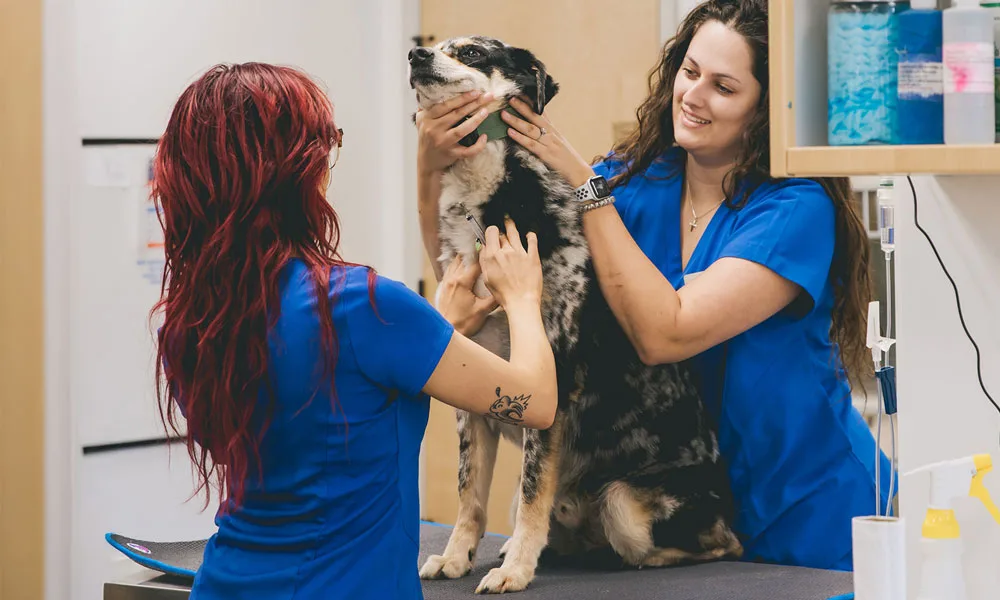
If you’re a dog owner in Pensacola and you’ve suddenly noticed your dog isn’t eating like usual, or has stopped eating altogether, it’s understandable to be concerned. A dog’s appetite can be a strong indicator of their health, and when it changes, it’s often a sign that something’s not right.
Whether you searched “dog not eating,” “dog won’t eat or drink,” or “vet near me Pensacola,” you’ve come to the right place. At East Hill Animal Hospital, we help pet owners get to the bottom of appetite issues with expert diagnostics, personalized care, and oftentimes same-day appointments.
When Is It Normal for a Dog to Skip a Meal?
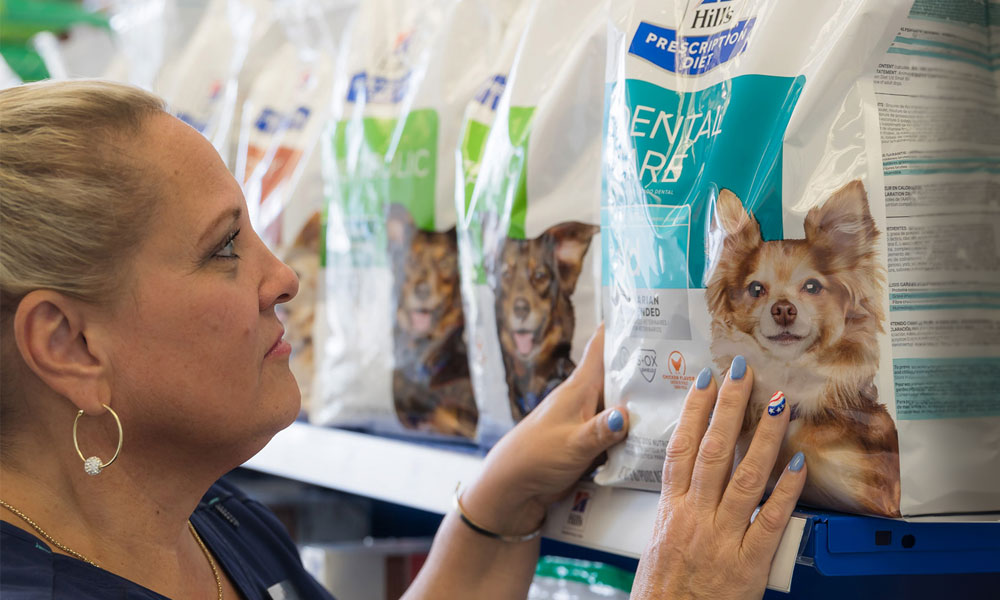
It’s important to know that some short-term appetite loss isn’t always a medical emergency. A healthy dog might skip a meal now and then due to:
- A change in routine or environment (such as boarding, travel, or new food)
- Hot weather (which can reduce appetite)
- Mild digestive upset from something they ate (grass, table scraps)
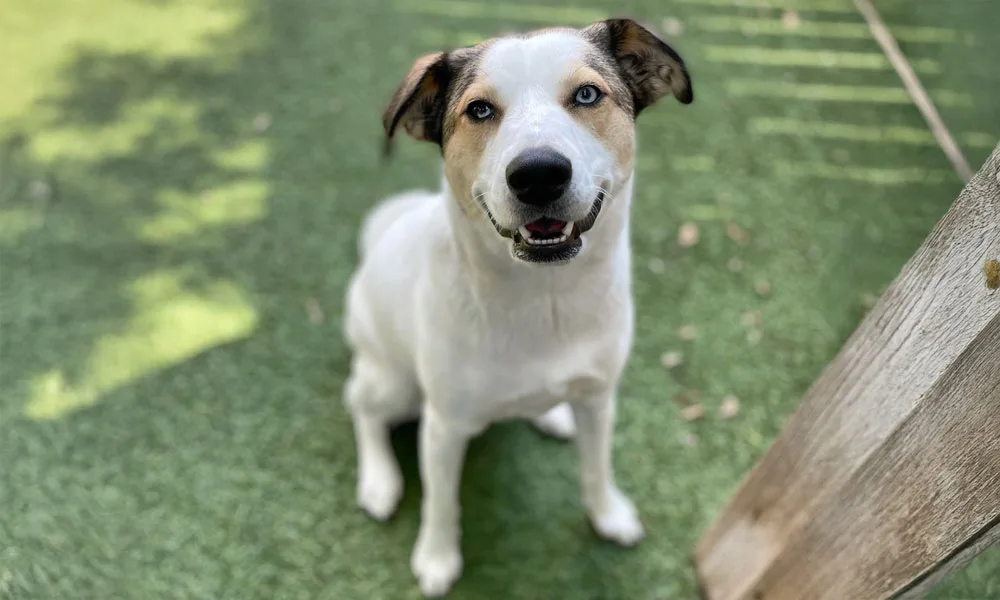
If your dog skips one meal but seems otherwise active, hydrated, and has normal behavior, it might be safe to monitor them for 24 hours. But if your dog refuses to eat for more than a day, or stops drinking water, you should contact a veterinarian immediately.
Common Causes of Appetite Loss in Dogs
It could be due to several underlying conditions if your dog won’t eat. Here are the most common causes we see at East Hill Animal Hospital:
1. Dental Pain
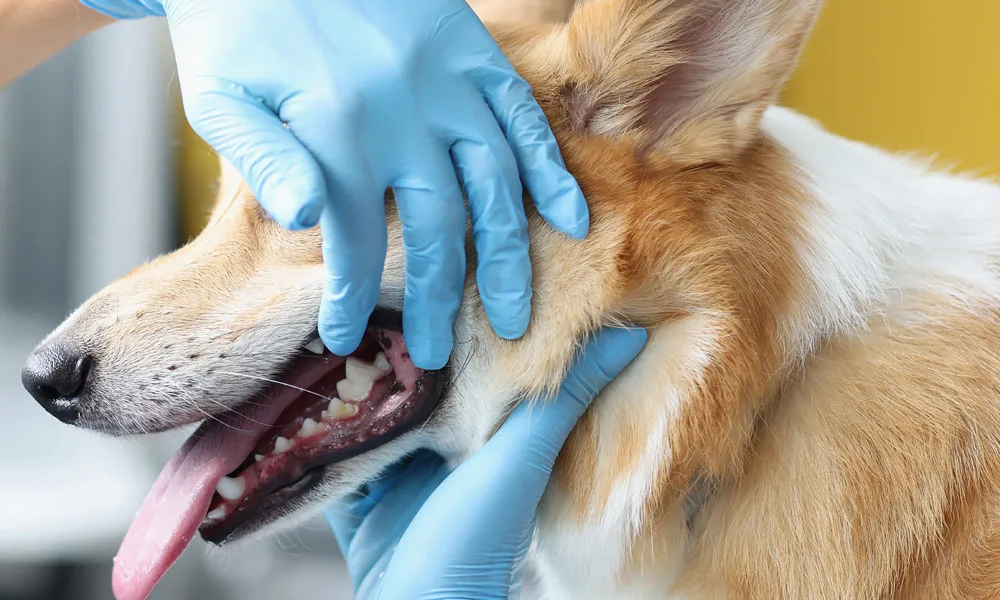
Just like humans, dogs may avoid eating if their mouth hurts. Dental problems such as broken teeth, gum infections, or advanced tartar buildup can cause enough discomfort to make your dog stop eating. Signs include drooling, chewing on one side of the mouth, or pawing at the face. Our veterinary team can evaluate your dog’s teeth and gums and perform a dental cleaning or extractions to restore comfort if needed.
2. Gastrointestinal Issues
Upset stomachs, vomiting, diarrhea, bloating, or constipation can all lead to appetite loss. GI problems can result from infections, parasites, dietary indiscretion (like eating trash), or chronic issues like inflammatory bowel disease. East Hill uses advanced diagnostics—including in-house bloodwork, X-rays, ultrasound, and our state-of-the-art ultra-high-resolution CT scanner—to pinpoint the cause and provide effective treatment.
3. Systemic Illness
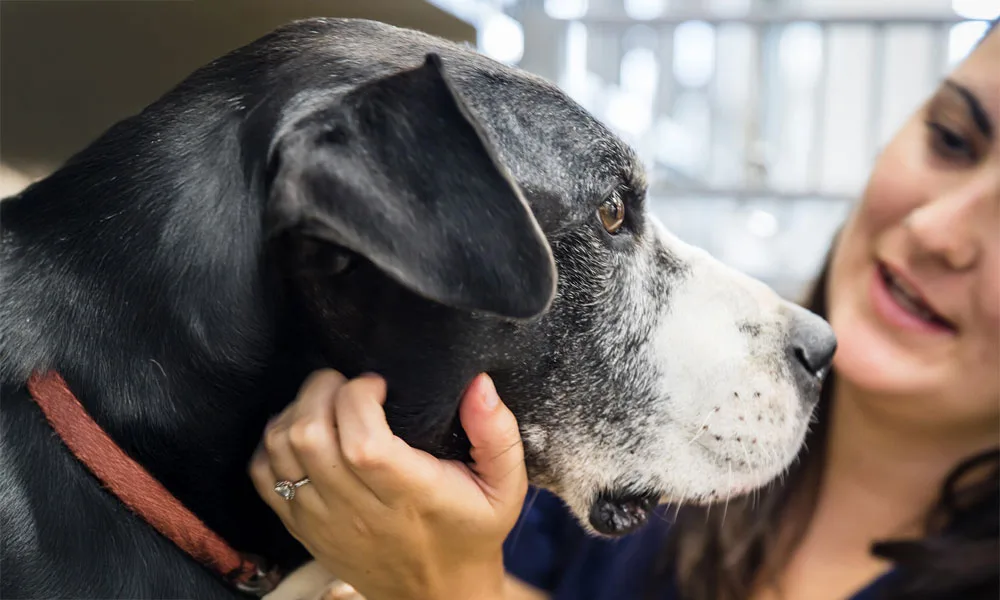
Conditions like kidney disease, liver problems, pancreatitis, and infections can cause nausea or malaise, leading to appetite loss. Older dogs, especially, may develop age-related conditions that affect how they eat. That’s why it’s crucial not to ignore the signs. Our veterinarians conduct comprehensive exams and lab work to detect internal issues early, increasing the chances of a successful outcome.
4. Pain or Stress
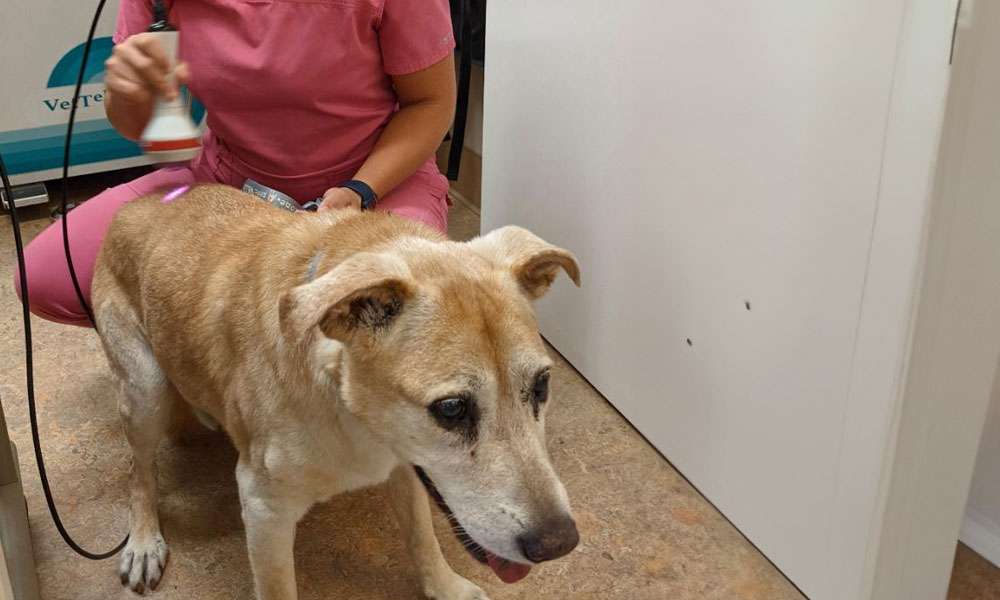
Pain from injuries, arthritis, or internal conditions can cause your dog to withdraw and stop eating. Similarly, dogs experiencing stress or anxiety, like separation anxiety or a new home environment, may lose their appetite. We evaluate physical and behavioral aspects of your dog’s health to ensure a complete picture of what’s happening.
What If My Dog Won’t Drink Water?
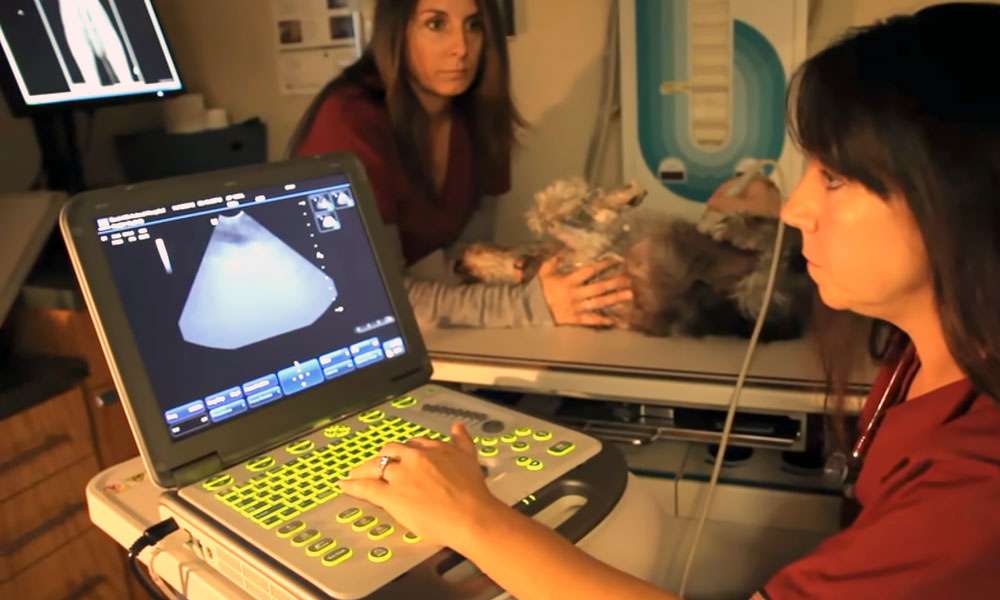
Hydration is just as important as eating. If your dog refuses to drink water or shows signs of dehydration (dry gums, lethargy, sunken eyes), you should contact East Hill Animal Hospital immediately. Dehydration can escalate quickly and become life-threatening without intervention.
How East Hill Animal Hospital Can Help
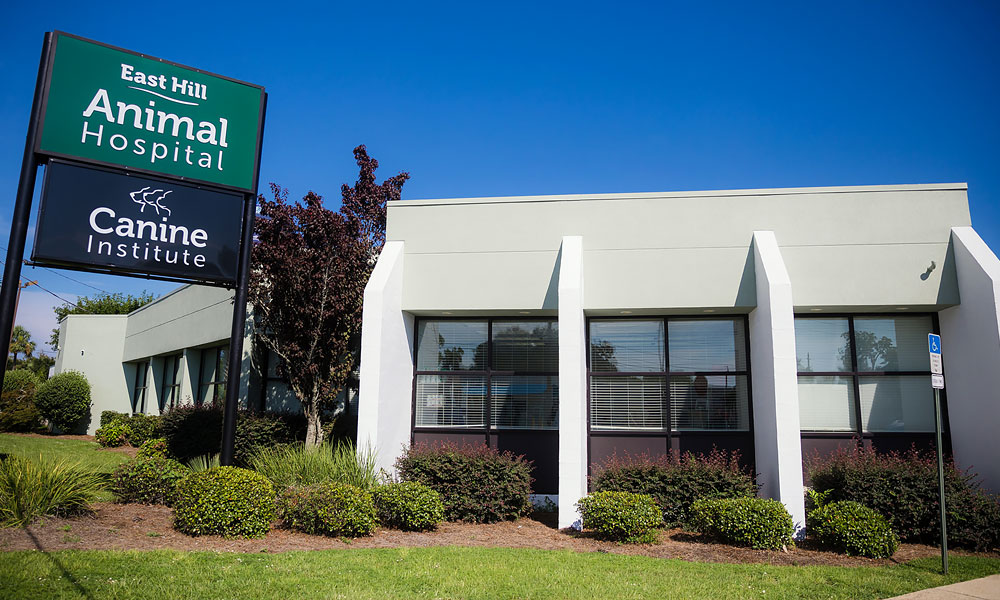
At East Hill Animal Hospital, we take a compassionate, thorough approach to help your dog feel better and eat again. Our services include:
- Fast scheduling for sick visits and diagnostics
- Comprehensive bloodwork, urinalysis, and imaging
- Dental exams and treatment
- In-house pharmacy and prescription diets
- Follow-up care and long-term health management
We understand how upsetting it can be when your dog isn’t eating—and we’re here to help you find answers quickly.
Searching “Vet Near Me in Pensacola?” We’re Here for You
If you’re in Pensacola and searching for a trusted veterinarian group to help your dog get back on track, East Hill Animal Hospital is your best choice. With a full staff of experienced veterinarians, cutting-edge diagnostic tools, and a compassionate team, we’re ready to address your concerns—starting with that unanswered food bowl.
